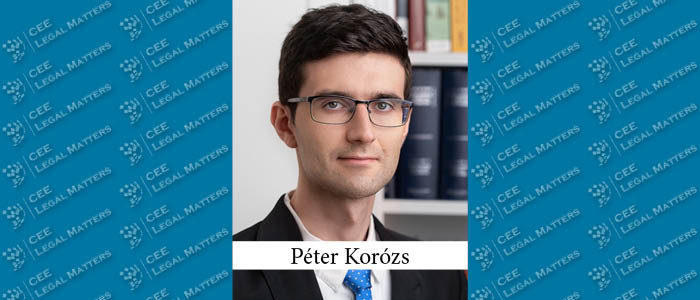Aiming to create a modern, transparent, and unified regulatory framework by replacing the current fragmented regime, the new Hungarian Construction Act was adopted in December 2023.The new Act makes such substantial changes that most of its provisions will enter into force in phases between 2024 and 2027. In the following, we outline the basic features of the new Act.
Unified regulation of construction
The new Construction Act governs more matters than the current Act, as it includes provisions on professional chambers of design engineers and architects, provisions on the protection of the townscape, provisions on the protection of monuments and historic sites, which are currently covered by separate acts.
Principles
A significant change compared to the previous legislation is that the Act also lays down architectural principles that shall be taken into account during the preparation of plans, their approval and the entire construction process. The architectural principles highlight the direction of the new Act, which focuses on the enforcement of “civic sense” and architectural quality, the protection of the natural environment and green spaces, and the preservation and sustainability of the built environment.
The principles have a so-called gap-filling function, i.e., if there is no specific legal regulation on how to deal with a given issue, the building authority, the chief architect etc. can rely on the principles to make their decision.
Environment protection, brownfield areas
The Act introduces supportive and incentive measures to favour brownfield sites over greenfield investments to protect the natural environment and green spaces. These objectives are achieved by the brownfield register that will be established. Moreover, new land for development may only be designated by way of exception and for public interest reasons.
Construction permit procedures
There will be two types of procedure for approval of a construction activity, one is the building permit procedure, and the other is a simple notification for acknowledgement. During the simple notification procedure, the authority checks the plan's compliance with the legal requirements within 15 days. If the planned construction activity does not comply with the legislation, the authority will prohibit it.
Architect as design supervisor
The architect who draws up the construction documents acts as a design supervisor for the construction works, checking the implementation of his/her design.
Commissioning
The new Act will change the rules of the commissioning procedure, so in the case of buildings with a specific purpose (office, warehouse) it will be possible to carry out the commissioning of a building with a certain degree of completion (e.g.: the interior can be designed later according to the tenant's needs), and - in certain cases - the architect's declaration will be mandatory for the commissioning.
Moreover, according to the new Act, after the building has been commissioned, a service record book must be kept for certain building types on information and documents related to future maintenance, renovation, conversion, and extension.
Securing of the construction materials and products
To ensure the security of domestic supply of construction materials and products, if the inflation rate increases significantly, or if there is a shortage of strategically important construction materials, or if a major manufacturer stops production of strategically important construction materials, and this makes it impossible to complete public construction projects or construction projects of public security on time, the Minister of Construction Economy may take measures to prohibit the export of materials for a maximum period of one year.
To secure and maintain the domestic production of building materials, the Act allows for the granting of a right of first refusal in the event of the transfer of a plant producing construction materials of strategic importance.
High-rise buildings in the outskirts
It seeks to restrict the construction of high-rise buildings in the outskirts. Therefore, it is stated that buildings taller than 65 metres may be built in the outskirts only if strict conditions are met, moreover, an upper maximum limit is also set, according to which buildings taller than 130 metres cannot be built in the outskirts.
Details
We would like to point out that many details are not yet known as they will be covered by separate government or ministerial decrees.
By Peter Korozs, Junior Associate, SmartLegal Schmidt & Partners




